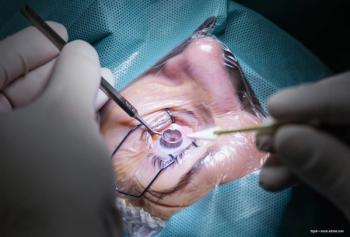
The effects of cataract surgery are generally evaluated based on improvements in vision, but investigators sought to identify if the structures in the back of the eye were affected as well.

The effects of cataract surgery are generally evaluated based on improvements in vision, but investigators sought to identify if the structures in the back of the eye were affected as well.
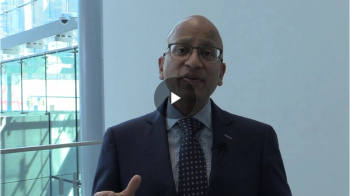
At ASRS 2022, Sunir Garg, MD, FACS, discussed his talk entitled, “Impact of Delay in Repair of Rhegmatogenous Retinal Detachment: Real-World Outcomes from the IRIS Registry.”
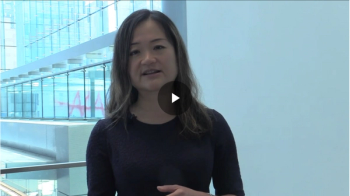
At ASRS 2022, Sally Ong, MD, presented a talk entitled, “Vitrectomy vs Vitrectomy With Scleral Buckling in the Treatment of Giant Retinal Tear Related Retinal Detachments: International Multicenter Study.” Here she shares the biggest takeaways.

The American Society of Retina Specialists held its 40th Annual Meeting in New York, New York, from July 13-16, 2022. While data was presented for all topics in retina, new revelations in age-related macular degeneration, diabetic retinopathy, and diabetic macular edema dominated the conversation.

J. Fernando Arevalo, MD, PhD, investigated the anatomic and functional outcomes of pars plana vitrectomy, scleral buckle, or a combination of the two, and suggested that the combination approach may need further consideration.
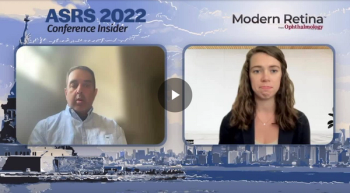
At ASRS 2022 in New York City, New York, Rishi Singh, MD, is presenting, “12-Month Results of EYP-1901 Vorolanib in a Bioerodible Durasert Insert for nAMD: The DAVIO Trial.” The Phase 1 trial showed a reduction in treatment burden over 12 months as well as a favorable safety profile.
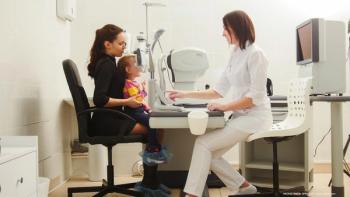
Rhegmatogenous detachments increased with age; myopia, trauma, and history of retinopathy were common underlying risk factors for development of rhegmatogenous retinal detachments.
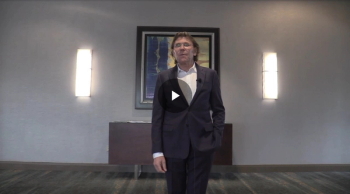
Albert J. Augustin, MD, presented a talk entitled, “First Results of the Miniature Telescope in Dry AMD” in Fort Lauderdale, Florida. The Galilean telescope device offers visual improvements for patients with late-stage AMD.
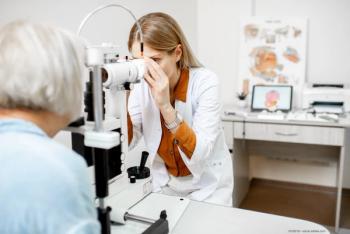
CAM encourages corneal healing in patients with ocular surface disease.
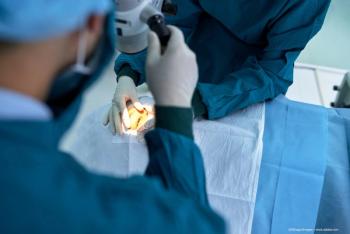
A team of investigators at the Agency for Science, Technology and Research in Singapore have developed a bio-functional thermogel, a type of synthetic polymer, to prevent retinal scarring caused by failed retinal detachment repair surgery.
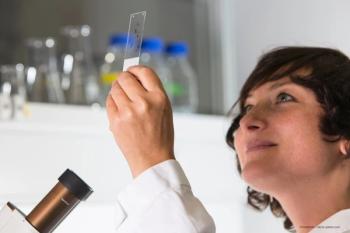
Foundation Fighting Blindness is a driving force in advancing retinal gene therapies into clinical trials.

The 40th annual Scientific Meeting of the American Society of Retina Specialists is scheduled for July 13-16, 2022, in New York.
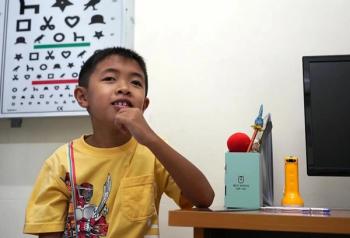
A study by Orbis International found that children with myopia experienced significantly higher levels of depression and anxiety than their peers without vision impairment.
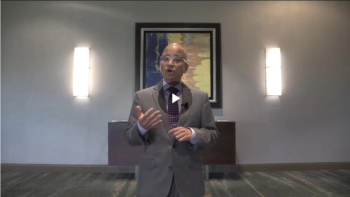
Though the speed of traditional guillotine cutters has increased significantly in recent years, there are certain limitations. With the advent of hypersonic vitrectomy, Sunir J. Garg, MD, FACS, explains how retinal surgeons can remove the vitreous gel with more efficiency.
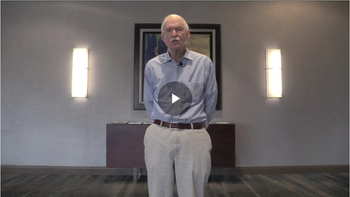
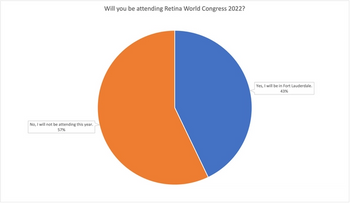
Results from our recent poll regarding Retina World Congress 2022 attendance indicate that while many retina specialists will attend the Congress, the majority will not be in Fort Lauderdale, Florida.
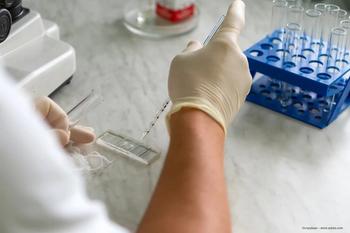
Investigators from the Karolinska Institutet and St. Erik Eye Hospital, Stockholm, Sweden, reported that they have developed a prognostic test, referred to as serUM, that they believe is a strong predictor of metastasis of uveal melanoma.

A poll for retina specialists regarding their attendance at the 2022 Retina World Congress in Fort Lauderdale, Florida. This poll is now closed.

The trial marks the first-ever in vivo delivery of an experimental CRISPR gene editing medicine to a pediatric patient, with the company on track to complete dosing of the pediatric mid-dose cohort in the first half of 2022.
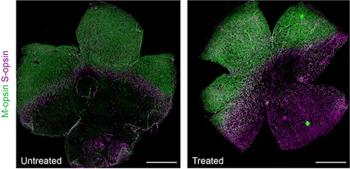
According to researchers at the University of California, Irvine, base editing may provide long-lasting retinal protection and prevent vision deterioration in patients with inherited retinal degeneration, specifically in Leber congenital amaurosis patients.

The company’s announcement marks first clinical trial in humans of Ocugen’s modifier gene therapy platform.
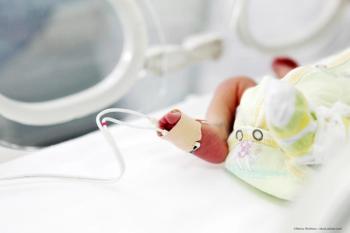
Lower dose performs as effectively as a higher dose when treating ROP.
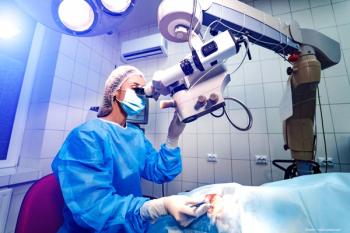
In the face of the COVID-19 pandemic, the procedure required adjustments.
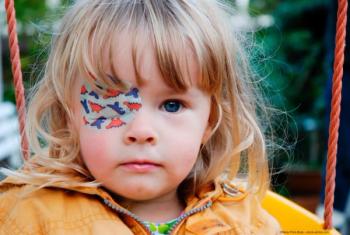
Investigators observe survival rate with orbital retinoblastoma improves substantially due to a combination approach that includes intensive sequential treatment comprised of chemotherapy, enucleation, and external beam radiation therapy.

Ultrasonic retinal prosthesis has been achieved by a research group at UCLA. It is a step towards a non-invasive retinal prosthesis that works without invasive eye surgery.